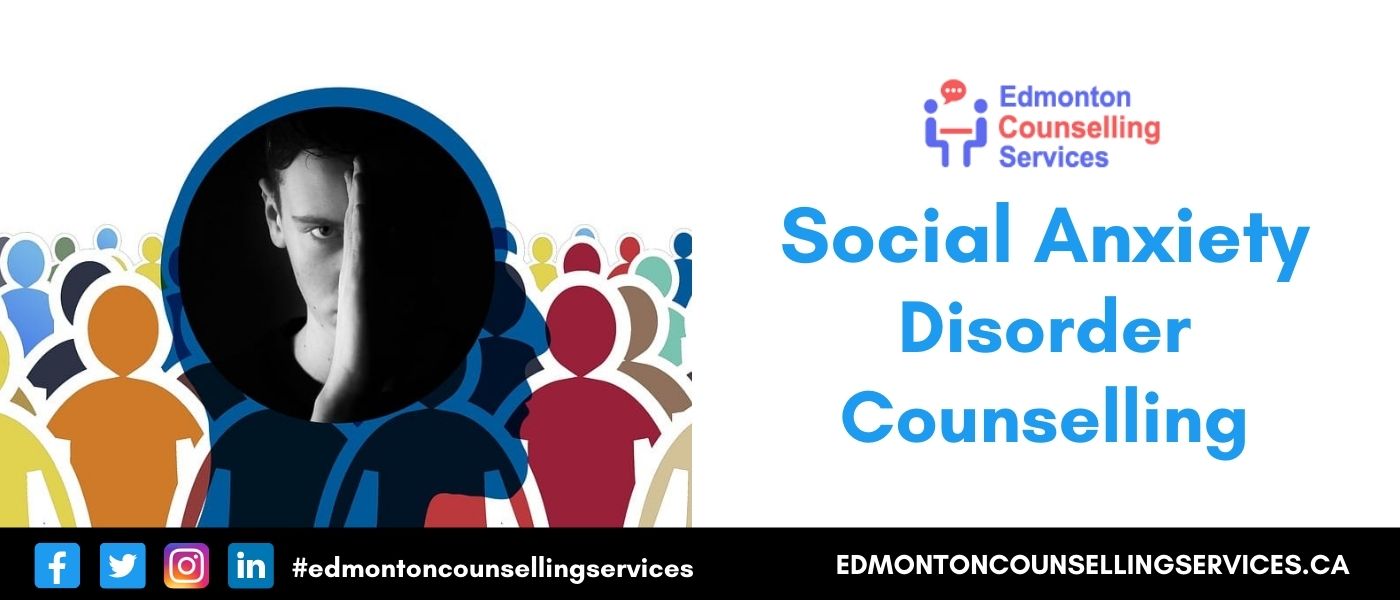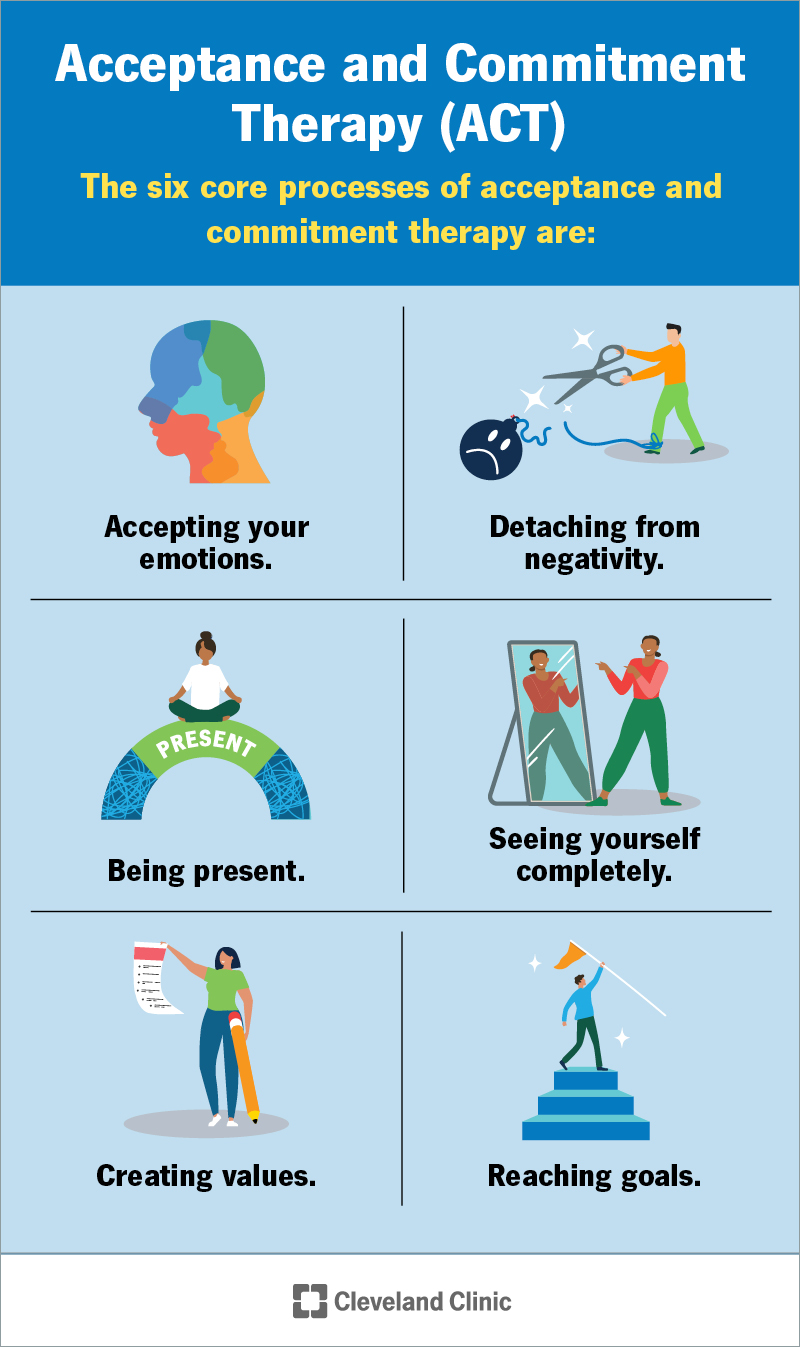Reach out today for professional counselling for anxiety services
Reach out today for professional counselling for anxiety services
Blog Article
Checking Out Different Techniques in Therapy for Anxiousness Condition for Long-term Change
When taking on stress and anxiety problems, it's vital to check out a variety of therapy strategies. Each approach uses unique understandings and tools to aid you manage your signs and symptoms properly. You might find that combining techniques can yield the very best results. Nevertheless, understanding the subtleties of these approaches is essential to fostering long-term modification. What happens if the right mix could launch a new degree of psychological health for you?
Comprehending Anxiousness Problems: A Short Review
Anxiety problems, which affect millions of people worldwide, can significantly affect day-to-day live. You may experience overwhelming feelings of fear or worry that appear irrepressible. These feelings can bring about physical symptoms like an auto racing heart, sweating, or perhaps lightheadedness. Common sorts of stress and anxiety problems include generalised anxiousness condition, panic condition, and social anxiety disorder. Each has distinct indicators, yet they all share a propensity to interrupt your regular and relationships.Understanding the origin creates of your anxiety is crucial. It may stem from genes, brain chemistry, or life experiences. Recognizing your triggers can aid you manage your actions better. It is necessary to bear in mind that you're not alone in this struggle. Many individuals face comparable difficulties, and looking for help is a strong step towards feeling better. By learning more about anxiousness problems, you're currently on the course to understanding and handling your condition better.
Cognitive-Behavioral Therapy: Testing Negative Idea Patterns

Determining Adverse Thought Triggers
Recognizing the details triggers behind your unfavorable ideas can be essential in managing anxiety when you come across minutes of distress. Start by paying interest to circumstances that prompt sensations of fear or fear. Is it a crowded space, a future target date, or a discussion with certain individuals? Write down these instances in a journal. This will aid you identify patterns in your thinking. Notice physical experiences that accompany your adverse ideas, like a racing heart or rigidity in your breast. By pinpointing these triggers, you acquire understanding right into what's fueling your stress and anxiety. Recognizing these links is the first step in challenging those ideas and eventually gaining back control over your emotional reactions.

Replacing Ideas With Positives
Testing unfavorable thought patterns is a vital action in changing your frame of mind and reducing anxiousness. You may commonly find on your own entraped in cycles of insecurity or devastating thinking. Rather than allowing these ideas determine your sensations, technique replacing them with favorable affirmations or realistic options. As an example, when you assume, "I can not handle this," change it to, "I can take care of obstacles one step at a time (Counseling services for anxiety)." This straightforward modification can considerably affect your emotion. Regularly determining and responding to these unfavorable thoughts helps produce a healthier inner discussion. Bear in mind, it takes time and initiative, yet consistently exercising this strategy can result in long-term modification, empowering you to deal with stress and anxiety with restored confidence and durability
Building Coping Techniques With Each Other
Replacing adverse ideas is just the beginning of managing anxiousness properly. To develop long lasting adjustment, you need to construct coping approaches that encourage you. Cognitive-Behavioral Therapy (CBT) helps you identify and challenge those unhelpful thought patterns. Together, you and your therapist can explore just how these thoughts effect your sensations and behaviors.Start by establishing sensible methods, like journaling or mindfulness workouts, that enable you to confront anxiety head-on. When you encounter your worries slowly, you'll find out to respond in different ways.

Mindfulness and Acceptance-Based Approaches: Growing Present-Moment Awareness
As you browse the complexities of anxiousness, including mindfulness and acceptance-based methods can significantly improve your ability to grow present-moment recognition. By concentrating on the present moment, you'll find that you can observe your ideas and sensations without judgment. This technique aids you recognize your anxiety without really feeling overwhelmed by it.Engaging in mindfulness workouts, such as deep breathing, body scans, or directed meditations, allows you to ground yourself in your existing experience. Acceptance-based approaches urge you to accept your emotions as opposed to battle versus them. They lose their power over you.Incorporating these techniques right into your daily regimen can change how you respond to anxiousness when you accept your sensations. You'll establish resilience and learn to browse difficult scenarios with higher simplicity. Ultimately, cultivating present-moment understanding lays the structure for enduring adjustment, empowering you to lead a much more meeting life.
Exposure Therapy: Confronting Concerns Slowly
Direct exposure therapy assists you face your fears in a progressive means, making it less overwhelming. You'll discover strategies to encounter anxiety-provoking circumstances action by step, while likewise building coping strategies to manage your reactions. This technique empowers you to take control and lower stress and anxiety over time.
Gradual Exposure Strategies
When dealing with anxiousness, progressively challenging your fears can be a powerful way to regain control. This strategy, referred to as steady exposure, involves gradually exposing on your own to the scenarios or items that cause your anxiety. Begin with less daunting scenarios and gradually work your way up to even more challenging ones. If you're afraid of public speaking, you could start by talking in front of a mirror, then proceed to useful source sharing ideas with a good friend, and ultimately resolve a little group. Each step aids desensitize you to the fear, building your self-confidence gradually. Bear in mind, it's necessary to pace yourself and commemorate little triumphes as you move with this procedure, reinforcing your capability to take care of stress and anxiety effectively.
Structure Coping Methods
Building reliable coping approaches is important for handling stress and anxiety, particularly as you challenge your worries slowly. One effective method is direct exposure treatment, where you start by facing your worries in a controlled manner. Begin with much less frightening scenarios and gradually work your way as much as more difficult scenarios. This steady direct exposure aids desensitize you to anxiousness causes, making them less overwhelming.Incorporate relaxation strategies, such as deep breathing or mindfulness, to calm your mind throughout direct exposure. Track your progress, celebrating tiny success along the road to improve your self-confidence. Keep in mind, it's okay to take your time; the objective isn't excellence yet stable enhancement. By building these techniques, you'll encourage on your own to navigate anxiety and accept life much more totally.
Psychodynamic Treatment: Revealing Origin of Anxiousness
Psychodynamic treatment discovers the subconscious mind, revealing the origin of your stress and anxiety - Counseling services for anxiety. By examining your thoughts, feelings, and previous experiences, this approach assists you reveal underlying problems and unsettled issues that may contribute to your existing stress and anxiety. You'll collaborate with a specialist to investigate childhood experiences, connections, and psychological patterns that shape your reactions today.As you gain understanding into these deeper layers of your subconscious, you'll start to recognize exactly how past my company occasions influence your existing actions. This understanding can bring about catharsis, allowing you to process feelings you could have suppressed.Through the therapeutic partnership, you can additionally determine defense reaction that might have developed in time, offering a clearer course to change. Eventually, psychodynamic treatment equips you with the tools to address your stress and anxiety at its core, advertising enduring transformation in your emotional health
Holistic and integrative Strategies: Incorporating Methods for Greater Efficacy
Integrating different healing strategies can improve your journey toward taking care of stress and anxiety better. By integrating aspects from cognitive-behavioral treatment, mindfulness techniques, and holistic methods, you can create an individualized approach that resolves your special requirements. You could make use of cognitive-behavioral strategies to test adverse idea patterns while including mindfulness exercises to ground yourself in the present moment.Additionally, checking out holistic methods such as yoga exercise or reflection can promote relaxation and minimize anxiousness signs. This blend permits you to establish higher self-awareness and resilience.Experimenting with these diverse approaches can help you discover what resonates most with you. Keep in mind, it has to do with discovering a harmony that functions, as opposed to adhering to a single method. This integrative method not just supplies instant alleviation yet additionally cultivates long-lasting skills for managing anxiety, equipping you to recover control over your life.
The Role of Support Solutions: Building Durability Through Connection
While it may appear that taking care of stress and anxiety is a singular journey, having a strong support group can play a necessary role in your strength. Surrounding on your own with understanding close friends, household, or support teams produces a safe room where you can openly share your sensations and experiences. You remind yourself that you're not alone in this struggle.These relationships use support and can supply sensible coping methods that have actually functioned for others when you connect with others. It's also a possibility to get point of view; pals can aid you see scenarios in different ways, decreasing sensations of isolation.Moreover, emotional assistance fosters a sense of belonging, which can greatly relieve anxiety symptoms. By leaning on your support group, you can build durability and deal with difficulties more successfully. Keep in mind, connecting for assistance is an indication of stamina, and it can make all the difference in your trip towards handling stress and anxiety.
Frequently Asked Questions
What Are the Usual Symptoms of Anxiousness Conditions?
You could experience uneasyness, tiredness, trouble focusing, impatience, muscular tissue tension, and sleep disruptions. Physical signs and symptoms can consist of fast heartbeat, sweating, and shivering. Identifying these indications early can help you seek appropriate assistance and therapy.

How Much Time Does Therapy Normally Last for Anxiousness Conditions?
Therapy for stress and more anxiety problems typically lasts anywhere from a few weeks to numerous months. It actually depends upon your private demands, progression, and the strategies your therapist utilizes to help you handle your anxiety effectively.
Can Medicine Be Utilized Alongside Therapy for Anxiety?
Yes, drug can most definitely be used along with therapy for anxiousness. Integrating both methods commonly improves therapy effectiveness, assisting you handle symptoms while exploring underlying problems through therapy. Always consult your doctor for tailored suggestions.
Exist Self-Help Techniques for Handling Anxiousness?
Yes, there are several self-help strategies for managing anxiety. You can exercise mindfulness, participate in normal exercise, maintain a balanced diet regimen, develop a regular, and utilize deep breathing methods to assist decrease stress and anxiety signs and symptoms effectively.
Exactly how Do I Know if I Need Specialist Help for Anxiousness?
You ought to think about seeking professional assistance for anxiousness if it disrupts life, causes substantial distress, or if self-help methods aren't working. Trust your impulses; connecting can bring about much better coping skills and support. Common types of stress and anxiety disorders include generalised anxiousness disorder, panic problem, and social anxiety disorder. When you come across moments of distress, acknowledging the particular triggers behind your negative ideas can be essential in handling stress and anxiety. Replacing negative thoughts is only the beginning of handling stress and anxiety efficiently. By analyzing your thoughts, sensations, and previous experiences, this technique aids you discover underlying disputes and unresolved issues that may add to your current anxiousness. It's additionally a chance to get viewpoint; friends can help you see circumstances in different ways, reducing sensations of isolation (Counseling services for anxiety).Moreover, emotional assistance cultivates a sense of belonging, which can greatly relieve anxiousness signs
Report this page